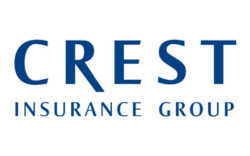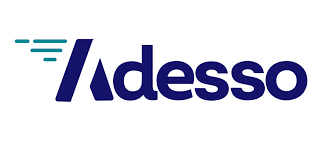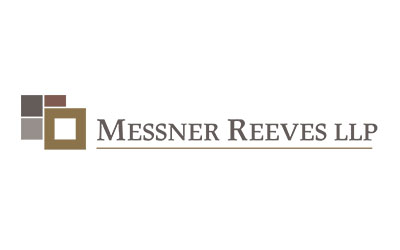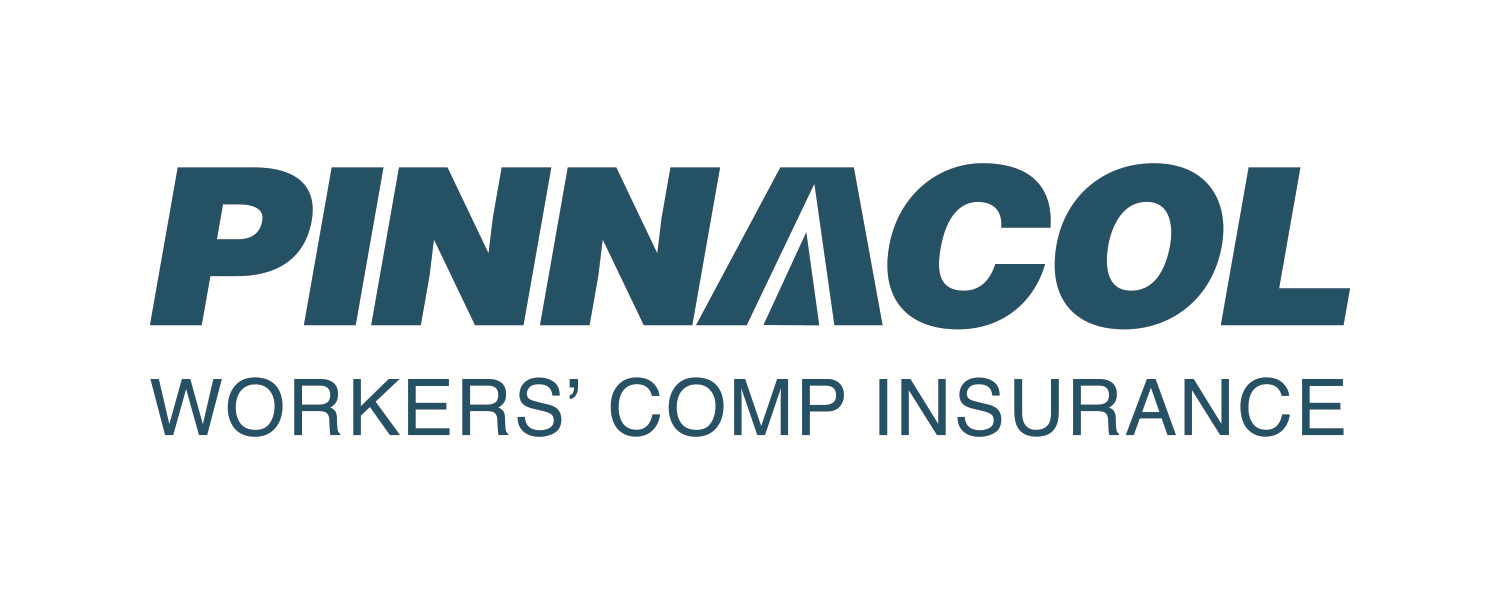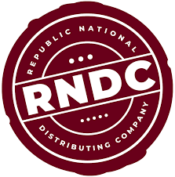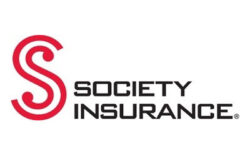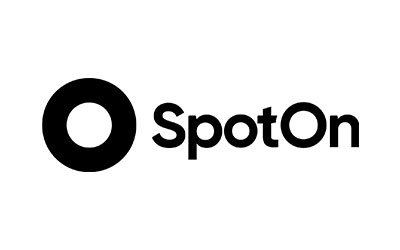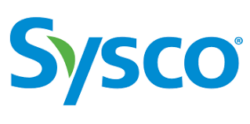The Pregnant Workers Fairness Act (PWFA) went into effect the week of June 26, 2023, requiring employers with more than 15 employees to provide “reasonable accommodations” to a worker’s “known limitations” related to pregnancy, childbirth, or related medical conditions.
The new law allows exceptions when creating an accommodation that would cause the employer an “undue hardship” – defined as a significant difficulty or expense. The U.S. Equal Employment Opportunity Commission (EEOC) will issue guidance, including providing examples of reasonable accommodations addressing known limitations related to pregnancy, but in the meantime, the EEOC has published a list of FAQs in its fact sheet “What You Should Know About the Pregnant Workers Fairness Act.”
What are some examples of reasonable accommodations for pregnant workers?
Examples of possible reasonable accommodations include “the ability to sit or drink water; receive closer parking; have flexible hours; receive appropriately sized uniforms and safety apparel; receive additional break time to use the bathroom, eat, and rest; take leave or time off to recover from childbirth; and be excused from strenuous activities and/or activities that involve exposure to compounds not safe for pregnancy.”
What does the PWFA prohibit?
Covered employers cannot:
- “Require an employee to accept an accommodation without a discussion about the accommodation between the worker and the employer.
- Deny a job or other employment opportunities to a qualified employee or applicant based on the person’s need for a reasonable accommodation.
- Require an employee to take leave if another reasonable accommodation can be provided that would let the employee keep working.
- Retaliate against an individual for reporting or opposing unlawful discrimination under the PWFA or participating in a PWFA proceeding (such as an investigation).
- Interfere with any individual’s rights under the PWFA.”
Where can I find more information on PWFA?
- EEOC Fact Sheet: What You Should Know About the Pregnant Workers Fairness Act
PUMP Act
The PUMP Act was signed into law by President Biden and immediately became effective in December 2022. Under the PUMP Act, nursing mothers must have access to 1) a private space in the workplace to pump breast milk, 2) paid break time for either hourly or salaried employees to pump, and 3) access to both private space and paid break time for up to one year of the child’s birth.
What are the requirements of the PUMP Act?
- Reasonable break time to express breast milk. The amount of break time required is up to the employer and the nursing mother, but it must be enough time for the mother to express the milk she needs.
- A private place to express breast milk. The place provided by the employer must be shielded from view and free from intrusion by coworkers or the public. A bathroom is not a private place.
How can I comply with the PUMP Act?
- Provide a private place for employees to express breast milk. The place does not need to be a dedicated room, but it should be a space shielded from view and free from intrusion.
- Allow employees to take reasonable break time to express breast milk. The amount of break time required will vary depending on the individual employee and the needs of her child.
- Do not penalize employees for taking break time to express breast milk.
- Under the PUMP Act, time spent expressing breast milk is considered work time unless the employee is completely relieved of all duties during the entire break. If the employee is interrupted during the break, they must be paid for the entire break. Further, if an employer provides paid breaks, an employee who uses such break time to pump breast milk must be compensated in the same way that other employees are compensated for break time.
- Employers with fewer than 50 employees may be exempt from complying with the PUMP Act if they can prove that doing so would impose an undue hardship. Under the PUMP Act, undue hardship is determined by looking at the difficulty or expense of compliance for an employer in comparison to the size, financial resources, nature, or structure of the employer’s business.
Where can I find more information on the PUMP Act?
More information about Fair Labor Standards Act (FSLA) protections for employees to pump breast milk at work can be found here.

